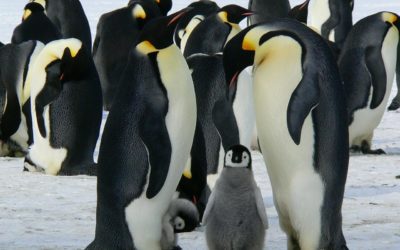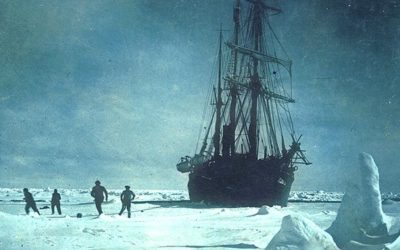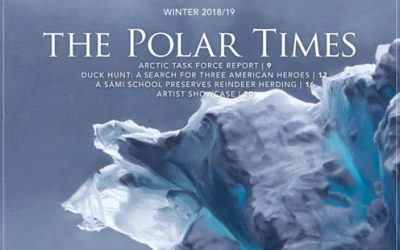World Penguin Day
World Penguin DayViking Expeditions | April 25, 2022: To celebrate World Penguin Day, our Antarctic cruising partner, Viking Expeditions is hosting yours truly on a Live Webcast today at 2pm Eastern. Wishing you a wonderful World Penguin Day and as...
Auction: The Polar Library of Otto R. Norland
Polar Related Auction: Otto R. NorlandSagen & Delås | March 9, 2022: Otto Realf Norland was born in 1930 in Oslo. In 1950 he entered NHH (The Commercial University) in Bergen and obtained the university degree in 1953. Already same year he came...
Endurance: Shackleton’s lost ship is found in Antarctic
Endurance: Shackleton's lost ship is found in AntarcticBBC | March 9, 2022: The Endurance, the lost vessel of Antarctic explorer Sir Ernest Shackleton, was found at the weekend at the bottom of the Weddell Sea. The ship was crushed by sea-ice...
The Polar Times
The Polar Times Telling it like it is in the Polar Regions for over 80 Years The Polar Times is the semi-annual magazine of the American Polar Society. Join the American Polar Society now and keep abreast of the current news happening in the Arctic...
The Oldest Ice on Earth May Be Hiding 1.5 Miles Beneath Antarctica
The Oldest Ice on Earth May Be Hiding 1.5 Miles Beneath Antarctica LiveScience | April 9, 2019: European scientists looking for some of the oldest ice on the planet have homed in on a particular spot in Antarctica, where they will drill more than...
Women in Antarctica Symposium
Women in Antarctica Celebrating 50 years of Exploration Presented by the Byrd Center Join us for a symposium that celebrates the 50th anniversary of the first all-women research team in Antarctica. Thursday & Friday, October 17 & 18, 2019...






